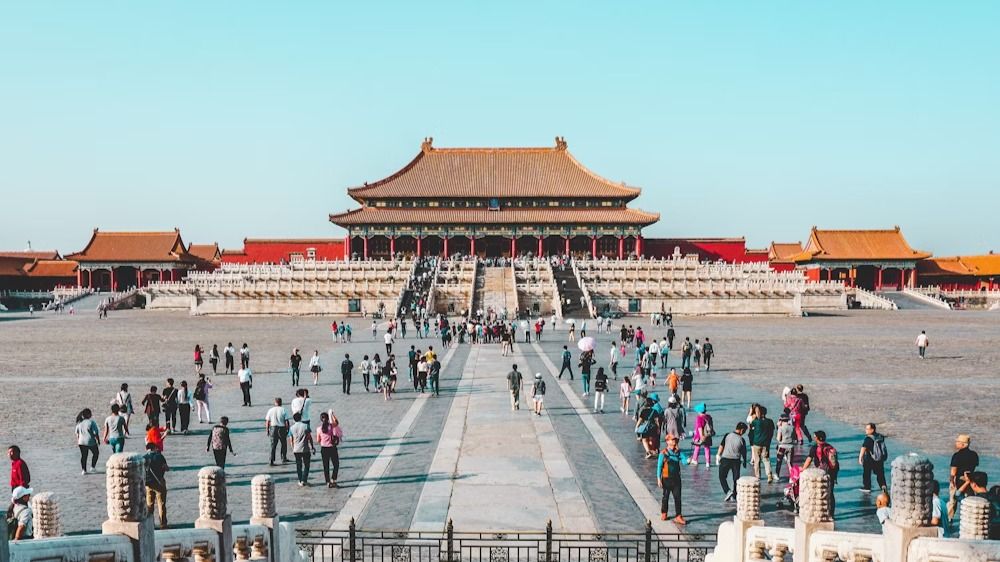Chinese economy travel trends | Image:Unsplash
China travel resurgence: Travel across China saw a significant surge on Wednesday, marking the commencement of a major public holiday, as consumers remained cautious about their expenses in an economy facing challenges.
Leading up to the five-day holiday that began with May Day, domestic airline fares experienced a decline, and predictions indicated that more travelers opted for rail or car travel instead of flying, or had made early bookings to avail savings.
While travel of all forms has rebounded since China lifted strict COVID control measures at the end of 2022, consumer spending on these trips has not kept pace, thereby limiting the boost to the broader economy.
China has set an economic growth target of around 5 per cent for 2024, a goal that many analysts consider challenging to achieve without significant stimulus.
Official surveys released on Tuesday showed that China’s manufacturing and services activities both expanded at a slower pace in April, indicating some loss of momentum.
Lin Yu, 38, visiting Beijing from Hangzhou, expressed, “There is indeed significant pressure. Every family’s situation is different, and it clearly also depends on the industry you work in.”
By the fourth week of April, the average price for an economy flight in China had dropped by 38 per cent from the first week of the month, amounting to just under $97, according to VariFlight, an aviation data service provider.
Zheng Hongfeng from VariFlight mentioned, “Chinese airlines must adapt to these changes,” indicating that the fare declines reflected early bookings in a highly competitive market.
State media reported that about 58 million cars are expected to be on roads every day during the holiday, while railways carried over 20 million passengers on Wednesday alone.
According to state broadcaster CCTV, the number of trips taken during the first quarter increased by almost 17 percent from a year earlier.
During a three-day public holiday in April, the average spending per trip surpassed 2019 levels for the first time. By that measure, spending was up by just over 1 per cent.
To cater to consumers who are mindful of their spending while traveling, some companies have shifted their strategies.
Yum China, the operator of KFC in China, announced this week that 30 per cent of its new stores would be in lower-tier cities or roadside locations like highway rest stops.
Yum China CEO Joey Wat mentioned that same-store sales at those locations were up by 20 per cent during Lunar New Year in February.
“They’re key to capturing the spike in travel volume during holidays,” she stated.
(With Reuters inputs.)

